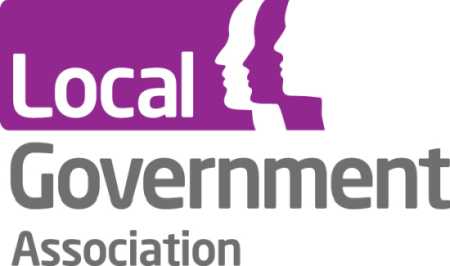Providers of adult social care services may face more than £6.6 billion in extra costs due to the coronavirus crisis by the end of September this year, stark new analysis commissioned by councils and social care directors reveals.
Maintaining safe staffing levels and providing personal protective equipment (PPE) are the biggest drivers of these extra financial pressures, as well as the need for enhanced cleaning of care homes and other care settings, the figures show.
Councils and social care providers are struggling to meet these escalating costs, while seeing their income levels fall. While extra funding has helped so far, this still falls far short of what is expected to be needed in the coming weeks and months ahead.
The Local Government Association (LGA) and Association of Directors of Adult Social Services (ADASS), working with the Care Providers Alliance, commissioned LaingBuisson to produce the analysis to help give the Department of Health and Social Care a detailed estimate of the potential future costs facing this vital sector.
It is also in everyone’s interest to know what these pressures are, which affect councils, providers and central government but most importantly the safety and wellbeing of the people who use and work in this essential services.
The joint analysis in summary, for the months April to September 2020, includes:
- Providers (care homes, home care agencies and supported living providers) face potential increased staffing costs of £1.018 billion, due mainly to having to maintain safe staffing levels while staff are ill or self-isolating
- PPE costs will total £4.179 billion if detailed guidance is followed on its use and if some current costs of PPE continue
- There are a further nearly £700 million of extra costs around enhanced cleaning of care homes and increased overheads
In total, these amount to £6.606 billion in potential extra costs.
The costs include those incurred by providers of services to those who fund their own support, as well as to those providing services that are funded by local authorities and Clinical Commissioning Groups (CCGs): an initial estimate is that £2.6 billion of the cost pressures relate to self-funders and CCGs and £3.3 billion to local authorities.
There may be a further financial pressure of lost revenue of £714 million.
Cllr Ian Hudspeth, Chairman of the LGA’s Community Wellbeing Board, said: “These figures highlight the sheer scale of the financial pressures facing councils and their social care provider partners as we look to get through the next few weeks and months of this coronavirus crisis.
“People who use and work in social care are at the heart of our concerns about this. This analysis needs to spark a fundamental debate about the ability of the care market to respond to the pandemic and what more can be done to support it.
“Providers are doing an incredible job in the most testing of circumstances.
“Councils are working closely with providers to support their financial resilience. Of the £3.2 billion of emergency funding given to councils to deal with the immediate impact of the pandemic across all local services, 40 per cent has been allocated to adult social care.
“We look forward to working with government on finding a solution to the immediate pressures facing the sector, including a significant further injection of funding, as well as agreeing a long-term, sustainable funding settlement for social care once this current crisis is over.”
James Bullion, President of ADASS, said: “The Covid-19 pandemic has demonstrated that social care is essential to the fabric of our society. Social care colleagues and providers have played a pivotal role in ensuring that those of us with care and support needs continue to get the care we need to live our lives.
“This analysis underlines the huge financial pressures being faced by social care providers. Without the right levels of funding and support, providers will no longer be sustainable; safety will be compromised; quality of care will suffer; and people with care and support needs left unsupported. The Government’s number one priority must be to protect social care.”
Help keep news FREE for our readers
Supporting your local community newspaper/online news outlet is crucial now more than ever. If you believe in independent journalism, then consider making a valuable contribution by making a one-time or monthly donation. We operate in rural areas where providing unbiased news can be challenging. Read More About Supporting The West Wales Chronicle
























